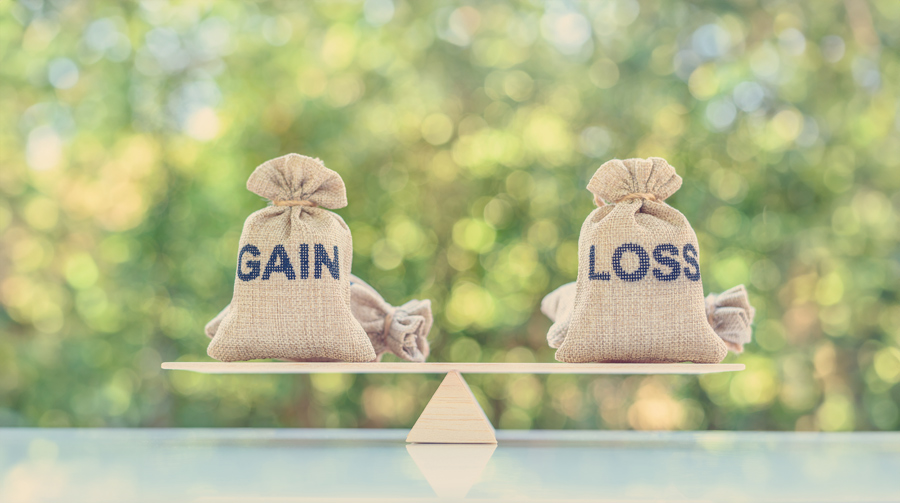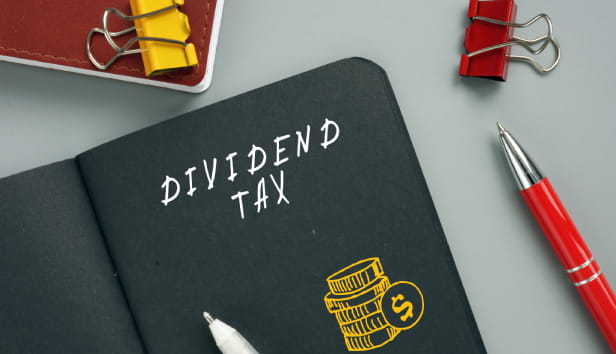
The average water bill is currently £473 but is set to soar in the next five years.
Bills in England and Wales are set to rise by an average of £19 a year over the next five years as companies make upgrades to deliver cleaner rivers and seas plus better customer service.
This comes at a time when people are already feeling the pinch when it comes to paying for water. According to the charity Independent Age four in 10 people in England and Wales over 65, with an income of less than £15,000, feel keeping up with their water bills is a struggle.
So, can you turn the tide on price rises? Even the most experienced among us underestimate how much runs through our taps.
A quarter of over 65s (surveyed in 2020) believe their household uses under 20 litres a day, when the true figure is now closer to 150 litres per person.
So, what more can we do to save water and, ultimately, money? Even if you think you’re already doing everything you can, you might find a few extra hints that can make a real difference to your bank balance.
First, it pays to understand how you’re billed for water.
Currently 60% of homes in England and Wales have a water meter, where you only pay for the amount you use.
However, if you’re one of the 40% that don’t, you’ll be billed based on the ‘rateable value’ of your home.
This means your water costs will be decided by the size, condition and location of your house, without consideration to the number of people living in it.
So, if you’re in a large family property, you’ll pay the same whether it’s just you or a house full of shower-loving teenagers.
Jo Osborn, Deputy Head of Policy and Public Affairs at Waterwise, which campaigns for efficient water use, says: “If your offspring have flown the nest, leaving you with a bigger home with fewer people in it, the likelihood is that getting a water meter will be in your best interests.”
If you aren’t sure whether converting to a water meter would save you money, there’s a calculator on the Consumer Council for Water’s website.
Even if you’re sitting on the fence, Osborn believes it’s still worth giving a water meter a go.
“You can just try it. If you [choose to] have a water meter fitted and then find that, actually, your bill is higher, you can revert back to paying in your normal way.”
The amount of time you have to switch back to unmetered billing varies by provider, but is typically between 1-2 years.
Smart water meters are also becoming an option for some, giving users the choice to monitor their water use (as many do with smart energy meters).
It also automatically provides usage data to water companies, reducing the need for meter readings.
As things stand, around 13% of households have smart water meters, and suppliers have a goal of nearly half using them by 2030.
Heating water makes up 18% of the average household’s energy consumption so using less water will also mean lower energy use too, saving you money whether you have a water meter or not.
Using cold water where you can, taking shorter showers and pulling the plug on regular baths will all reduce the amount you spend on energy through heating water.
By swapping a regular shower head for a water efficient one, families could also save around £25 a year on their gas bills and around £35 on their water bills (if they have a meter).
There are other tricks for using less water, saving you money as well as protecting the environment.
The savings will be immediate if you have a water meter but, even without one, you can hopefully benefit in the longer term.
Osborn explains: "The Environment Agency predicts that by 2050 we’re going to need an extra 4.8 billion litres of water a day to make sure everyone, and the environment, has enough, and around one billion litres of that deficit need to come from activities to help us all make changes to use less water."
Give these ideas a go to squeeze every last drop out of your water bill – but note that while any water saved is always good for the environment, these will only save you money if you’re on a meter.
Osborn says: “A lot of people don't even realise they have a leaky loo, but it could be wasting about 200 to 400 litres of water a day, which is significant. It’s like having an extra person in your house.”
It happens when water is continuously coming into the toilet bowl and can be such a small trickle that you might not even notice – but it will add significantly to your overall use.
Howard Perry, Network Operations Lead at Severn Trent Water, says: “Place a piece of toilet paper in the back of your pan where the water would come out. If it stays dry when you're not flushing, then you haven't got a leak. If the paper gets wet, you're losing water.”
If you find you’ve got a leaky toilet, you’ll need to get it fixed. If you’re feeling confident, you can take the DIY approach and handle repairs yourself - or you can call a local plumber who should be able to do the job simply.
.jpg?sc=max&mw=800&h=450&la=en&h=731&w=1300&hash=608723036C27357DAD46AE9DF3C4E8F6)
You probably already know that using your washing machine and dishwasher on full loads, with an eco-setting, will save you water and energy. At current prices, this equates to about £8 per month, or £90 a year.
It’s also likely you’re aware dialling down the temperature on a washing machine can help, but are you sure your machine is as energy-efficient as possible?
Newer machines must offer a 20-degree setting for loads, and modern energy-efficient models can pay for themselves in just a few years – and bring better features too.
Dishwasher technology has also improved rapidly in recent years, with new features and a dramatic reduction in water use – so upgrading could have a big impact on your bills.
Perry says: “Old dishwashers could use 30, 40 or even 50 litres per load, whereas new appliances use under 10 litres, so that’s a huge difference.”
While you can easily compare energy ratings of different appliances when it comes to buying new (helping keep your gas and electricity bills in check) finding out how much water they use isn’t currently so easy.
But the government has pledged to introduce water efficiency labels on toilets, sinks, dishwashers and washing machines by 2025, giving people the chance to make a more informed choice.
Having a gorgeous garden is a huge source of pride to many, and the good news is this can still be achieved without using vast amounts of tap water.
In fact, plants don’t need perfectly clean water and we can help avoid future hosepipe bans – and bring bills down – by using the wet stuff wisely.
For example, if your shower takes a little while to heat up, catch the colder water in a bucket and use it elsewhere, suggests Osborn from Waterwise.
Both she and Perry are big believers in using a water butt in your garden and using a hosepipe less.
Perry says: “It’s sobering to think that jet washers [can] use in 15 minutes what the average person uses in a day. Nor do you need to water your lawn. It will recover and you will save a lot of water.”
If you’re feeling like you want to get more water-friendly in the garden, The Royal Horticultural Society has plenty of advice on how to collect and reuse water.
If you’re struggling to afford your water bill, you aren’t alone.
According to the CCW’s new Water Matters report, the number of customers who find water bills affordable has fallen to 72% this year, and more than a million people receive reduced bills through a water company support scheme.
Each supplier has a social tariff that can bring down bills if you’re on a low income. Eligibility criteria vary depending on the company.
You can find a list of schemes on the CCW’s website, which also gives details of the WaterSure program for customers in England and Wales, which caps your bill.
This can help with water costs for those who receive certain benefits. To qualify, you’ll need to have a water meter (or are either waiting on one or can’t have one installed and are instead using ‘assessed charge’) and use a lot of water for health-related reasons.
Alternatively, you may also be eligible if you have three children or more under 19 living with you, and in full-time education.


You could be missing out on thousands in free cash. Here is how to use your allowances before you lose them.
.jpg?la=en&h=354&w=616&hash=1254A3F816E81965A47EA68E3AEC9F7A)



Find out what changes to the rates and allowances for capital gains tax could mean for you


Understand how your money is taxed in retirement and learn simple ways to reduce your bill.